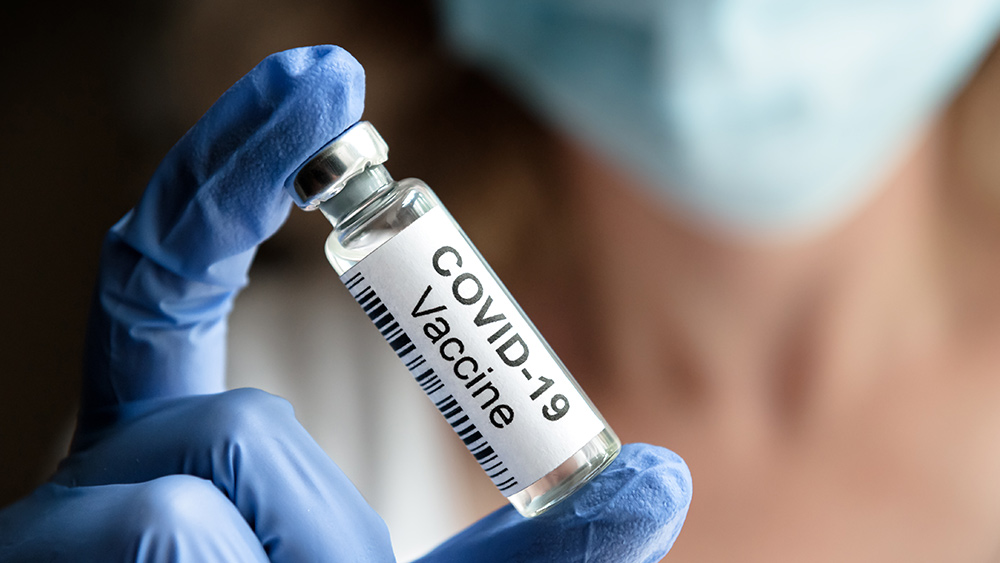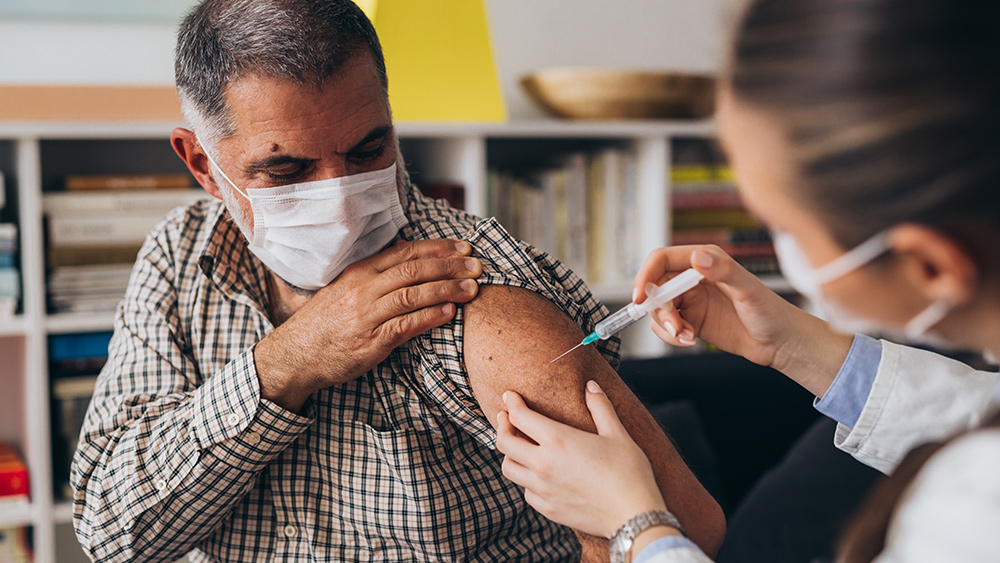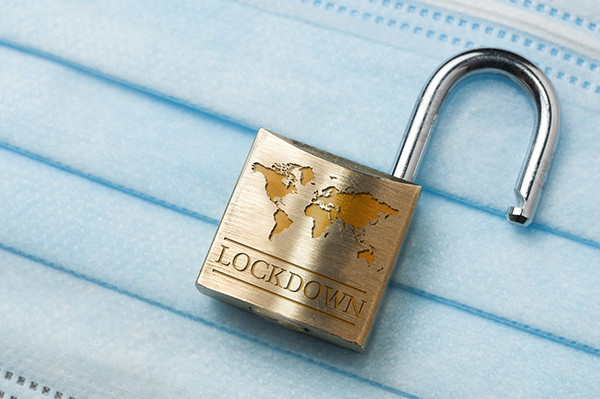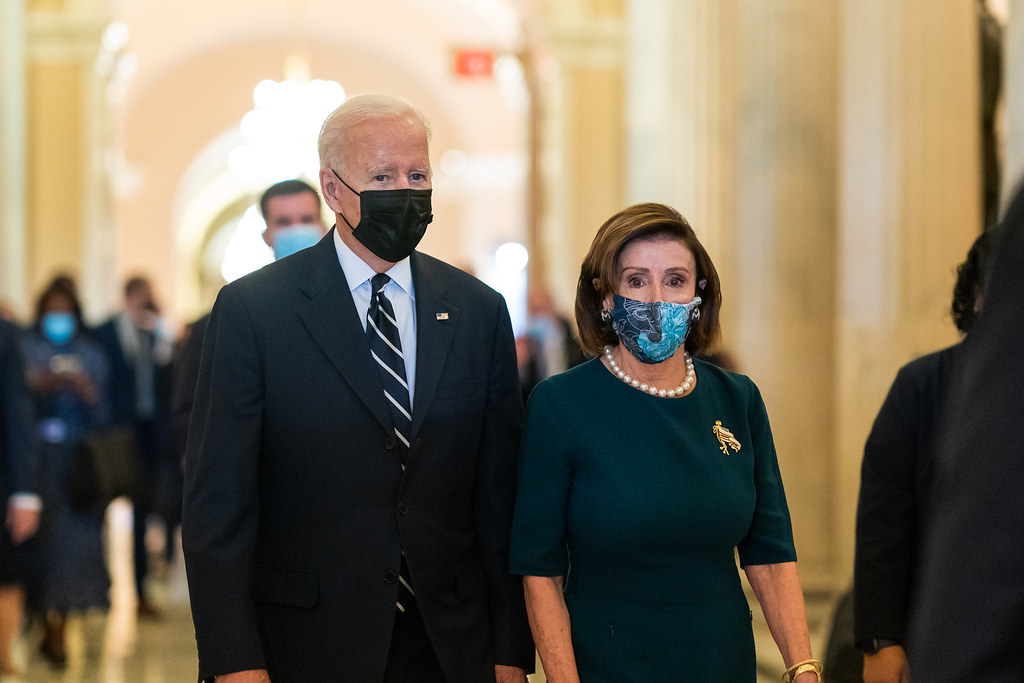Doherty Institute director joins growing number of experts saying NO to BOOSTERS
02/08/2022 / By Ramon Tomey

The head of the Peter Doherty Institute for Infection and Immunity (Doherty Institute) advised against repeated booster doses of the Wuhan coronavirus (COVID-19) vaccine. The Australian research institute joined a growing sector that disagrees with repeated COVID-19 boosters.
Speaking with the Australian Financial Review, Doherty Institute Director Sharon Lewin said chasing COVID-19 variants alongside giving repeated COVID-19 boosters was not a variable strategy. “We won’t be able to manufacture that amount, and you’ll never be able to keep up with the variance. An omicron variant vaccine may not be better than [an original Wuhan strain] vaccine, even against omicron.”
Instead of repeated injections with mRNA vaccines, Lewin proposed the use of pan-sarbecovirus vaccines. The SARS-CoV-1 pathogen behind the SARS outbreak in the early 2000s and the SARS-CoV-2 pathogen responsible for COVID-19 are both classified as sarbecoviruses. “We just don’t know enough about how durable the immunities are,” she said.
Lewin also expressed the belief that the clinical definition for COVID-19 will soon be switched. This will likely change health procedures with a focus on isolating only vulnerable groups. “That would mean a much simpler messaging to the public to stay at home if sick,” she said.
Her statement against boosters followed that of British scientist Andrew Pollard, one of the developers of the AstraZeneca adenoviral COVID-19 vaccine. The chairman of the United Kingdom’s Joint Committee on Vaccination and Immunization said injecting COVID-19 boosters on the population every four to six months is an unsustainable practice.
“We can’t vaccinate the planet every four to six months. It’s not sustainable or affordable. In the future, we need to target the vulnerable. The future must [focus] on the vulnerable and make booster or treatments available to them to protect them,” Pollard told the Telegraph. (Related: AstraZeneca vaccine creator says continual Covid vaccine booster shots are UNSUSTAINABLE.)
The University of Oxford scientist also disagreed with injecting a fourth vaccine dose on the general population. “We know that people have strong antibodies for a few months after their third vaccination, but more data [is] needed to assess whether, when and how often those who are vulnerable will need additional doses,” he said.
WHO advises against frequent boosters
Aside from Pollard and Lewin, the World Health Organization (WHO) has also advised against frequent booster doses against COVID-19.
The WHO’s Technical Advisory Group on COVID-19 Vaccine Composition (TAG-CO-VAC) said back in January that repeated boosters were unsustainable. “A vaccination strategy based on repeated booster doses of the original vaccine composition is unlikely to be appropriate or sustainable,” it said in a Jan. 11 statement. TAG-CO-VAC cited near- to medium-term vaccine supply, vaccine equity and the virus’s continued evolution for its advice.
According to the advisory group, vaccines that prevent infection, transmission, severe disease and death should be prioritized. These vaccines should also “elicit immune responses that are broad, strong and long-lasting in order to reduce the need for successive booster doses.” To this end, TAG-CO-VAC proposed three options for future vaccines.
First, it suggested the development of a monovalent vaccine that targets dominant SARS-CoV-2 variants. However, the advisory group acknowledged the challenges that come with this option – such as rapidly emerging variants and the duration needed to modify existing vaccines or develop new ones.
Second, it proposed a multivalent vaccine with antigens taken from different SARS-CoV-2 variants of concern. Lastly, it proposed a “pan-SARS-CoV-2 vaccine” that targets all strains. This was touted as a variant-proof and more sustainable option for the long term.
“In the interim, the TAG-CO-VAC encourages COVID-19 vaccine manufacturers to generate and provide data on the performance of current and omicron-specific COVID-19 vaccines – including the breadth, magnitude and durability of humoral and cell-mediated immune responses to variants through monovalent and/or multivalent vaccines,” the advisory group concluded.
More related stories:
Scientists question the need for COVID-19 booster shots.
EU, WHO both warn that covid “booster” shots are dangerous.
WHO warns against boosters, says strategy “not viable” for new variants.
European Medicines Agency advises against frequent COVID boosters, warns of risks.
EU regulators, WHO call for end to COVID boosters, citing evidence strategy is failing.
Watch the video below of Western Australia Premier Mark McGowan claiming boosters provide up to 64 percent protection against omicron.
This video is from the JosephJenkins channel on Brighteon.com.
Visit VaccineWars.com for more news about experts advising against COVID-19 boosters.
Sources include:
Submit a correction >>
Tagged Under:
Andrew Pollard, Australia, Big Pharma, boosters, covid-19, Doherty Institute, health freedom, infections, outbreak, pandemic, pharmaceutical fraud, Resist, Sharon Lewin, TAG-CO-VAC, vaccine wars, vaccines, WHO
This article may contain statements that reflect the opinion of the author



















